Gbajabiamila Bows, Beats Retreat On Infectious Disease Bill
The House of Representatives on Tuesday bowed to public pressure and made an abrupt U-turn on its earlier bid to pass the contentious Infectious Disease Control Bill without subjecting it to public hearing.
The House bill titled “Control of Infection Diseases Bill 2020 sponsored by Speaker Femi Gbajabiamila, seeks to repeal the Quarantine Act and enact the Infectious Diseases Control Act.
It speedily passed first and second readings in the House last week but attracted outbursts from the Coalition of United Political Parties (CUPP) which alleged that the lawmakers had been bribed to pass it.
Also, a former member of the Senate, Dino Melaye, filed an action at the Federal High Court Abuja, seeking to stop further consideration of the bill, which was widely considered to be draconian.
The House bill seeks to empower the Nigerian Centre for Disease Control (NCDC) to order the administration of vaccines on all Nigerians in a bid to control infectious diseases.
Speaker of the House, Femi Gbajabiamila, while addressing members at the resumption of plenary yesterday noted that since the introduction of the bill, there has been a barrage of criticisms against it, with allegations of sinister motives.
He conceded that the proposed law will now be subjected to public hearing where Nigerians from all walks of life would be given the opportunity to contribute to the draft law.
His words: “In the recent uproar, certain fundamental truths have been lost and are worth remembering. Our current framework for the prevention and management of infectious diseases is obsolete and no longer fit for purpose.
“The current law severely constrains the ability of the Federal Government and the NCDC to take proactive actions to prevent the entry into Nigeria of infectious diseases and the management of public health emergencies when they occur.
“Even now, the government remains vulnerable to claims that some directives already being implemented to manage the present crisis do not have the backing of the law and therefore cannot withstand judicial scrutiny.”
According to Gbajabiamila, citizens may sometimes disagree with the “how” and the “why” of policy proposals, but that the parliament is not an echo chamber.
“Subsequently, the Control of Infectious Diseases Bill will be put forward to a public hearing where stakeholder contributions will be sought to make improvements to the bill before it is reviewed and debated by the committee of the whole.”
This comes as the Senate introduced its own version of the bill titled “National Health Emergency Bill.”
The bill sponsored by the Chairman of its Committee on Communicable Diseases and Primary Healthcare, Chukwuka Utazi, scaled first reading yesterday.
Many senators however appeared not to be in support of the bill whose second reading has been slated for next week.


